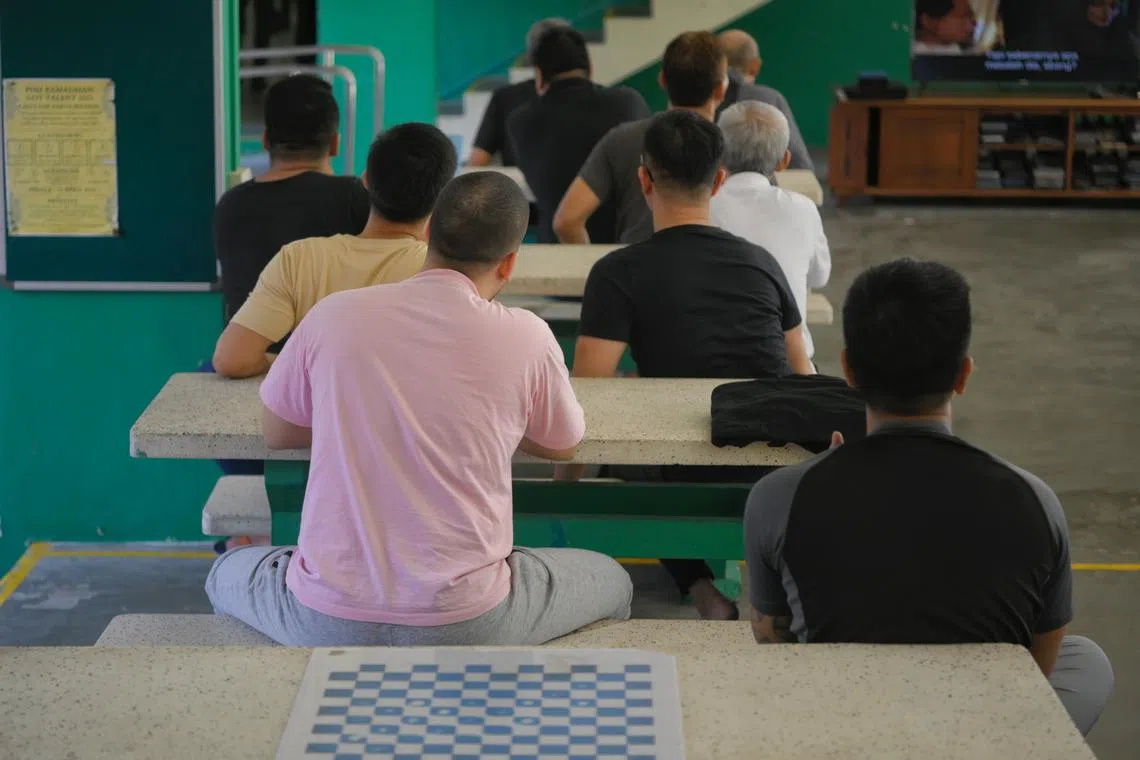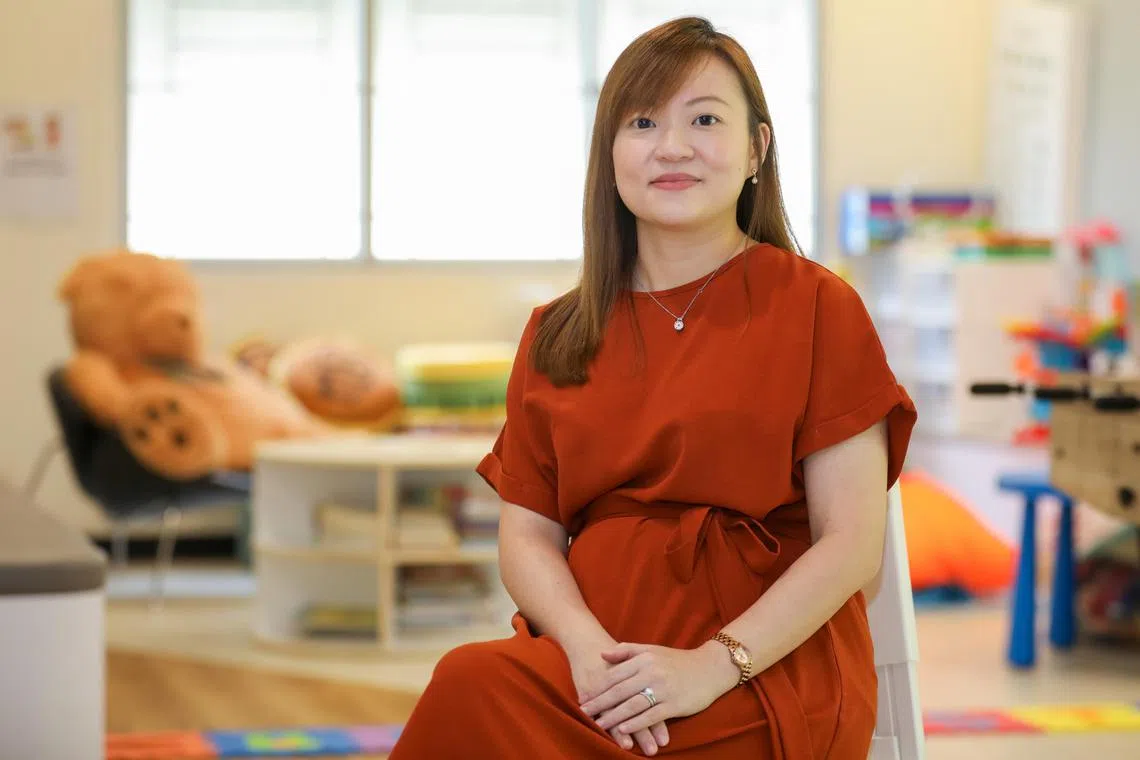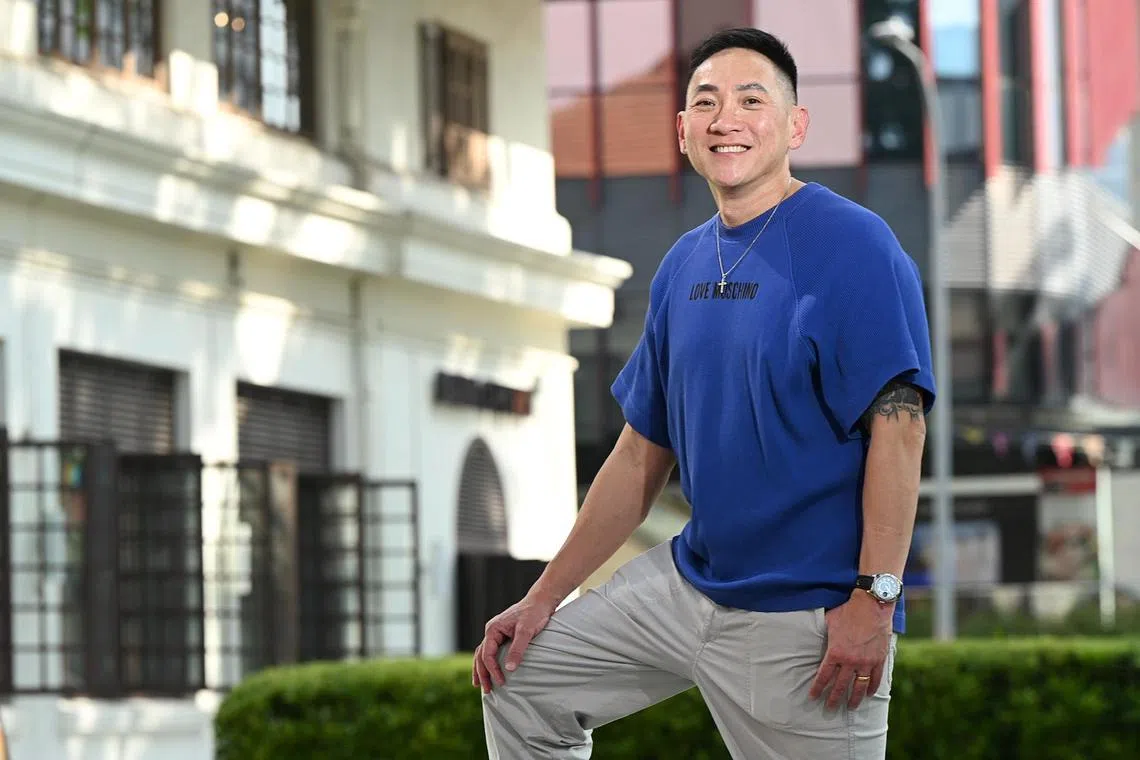Parents who turn in their children for abusing drugs can save their lives: CNB
Sign up now: Get ST's newsletters delivered to your inbox

Drug abusers with moderate or higher risk of relapse or who are repeat abusers will undergo rehabilitation.
PHOTO: ST FILE
SINGAPORE – When the parents of a child found drug utensils in the bedroom, they called the Central Narcotics Bureau (CNB) to confirm whether these were drug paraphernalia.
They did this knowing their child could get arrested.
CNB found that the items were indeed drug utensils and arrested the child.
The case was highlighted by CNB Senior Staff Sergeant Sarah (not her real name) when she talked about more young people taking drugs.
Ms Teo Kah Shun, a psychologist at the CNB Psychology Unit, said young people who are turned in by their parents may feel resentful.
“But they would understand that by getting caught now, it could stop their drug habits early. This might encourage parents to feel it’s a good thing to report their child early,” she added.
According to the CNB website, first-time youth offenders assessed to be at lower risk of re-offending can qualify for the Youth Enhanced Supervision (YES) scheme. Under the scheme, they undergo regular urine tests at CNB and counselling sessions. This is a six-month programme, which can be extended by another six months.
Drug abusers with moderate or higher risk of relapse, or who are repeat abusers, will undergo rehabilitation at the drug rehabilitation centre (DRC).
CNB said: “To help abusers to rehabilitate and reintegrate into society, abusers who successfully complete their DRC regime will not have a criminal record.”
In July, Minister of State for Home Affairs and National Development Muhammad Faishal Ibrahim said there have been more cases of youth engaging in drug trafficking and abuse,
He said that in the first four months of 2024, 16 drug offenders who were below the age of 16 were arrested, compared with 24 such arrests in the whole of 2023.
At a seminar at *Scape on Aug 3 organised by the National Council Against Drug Abuse (NCADA)
Inspector Randy (not his real name), team leader of the enforcement division at CNB and the father of an 18-year-old girl, said there can be many misunderstandings between children and their parents without communication, especially when teenagers clam up.
He said: “Parents play an important role, and home is a place for safe communication. I let my daughter talk first before offering any advice. I also get to know her friends by inviting them over for meals.”
In 2020, clinical psychotherapist Carol Balhetchet dealt with a 15-year-old boy who started sniffing glue after joining a gang.
He used drugs to deal with parental pressure to perform well academically, and had been bullied in primary school.
Dr Balhetchet said: “Parents need to tell their children they are not alone in recovery, and guide them towards evaluating their emotions realistically, rather than interrogating them. These include feelings of inadequacy or the need to be popular.”
Ms Elaine Loo, a member of NCADA, said telltale signs of drug abuse include isolating oneself for long periods, looking euphoric, staying out late more often, or a decline in academic performance.

YES caseworker Gwen Ho said parents find it difficult to understand why their child got involved in drugs, even though they had never taught them such things.
ST PHOTO: LUTHER LAU
YES caseworker Gwen Ho, who is also from charity organisation Shine Children and Youth Services, said parents find it difficult to understand why their children get involved in drugs, even though they never taught the children such things.
Mr S.B. Viknesan, a senior counsellor at the National Addictions Management Service at the Institute of Mental Health, said parents should have non-judgmental conversations with their child about the child’s opinions on drugs.
He added: “Use teachable moments like youth drug-related incidents in Singapore rather than exaggerating the dangers of drugs. Reassure the child that despite showing disapproval, you are always committed to keeping them safe.”

Mr Francis How encourages open communication in his family and shares with them what drugs did to him.
ST PHOTO: DESMOND WEE
A former drug abuser, Mr Francis How, 50, who runs his own shipyard repair business, started taking drugs at age 12.
He has been giving drug education talks to students, teachers, counsellors and youth at risk for five years.
The father of three daughters and a son, aged between four and 11, said his two eldest children have attended his talks.
Mr How said that when he was growing up, his family members did not communicate well with one another.
To avoid the same mistakes with his own family members, he encourages them to talk openly.
“I tell them about the permanent damage drugs can cause, and what they did to me. And that when they get caught, they won’t get to see daddy and mummy any more.”


